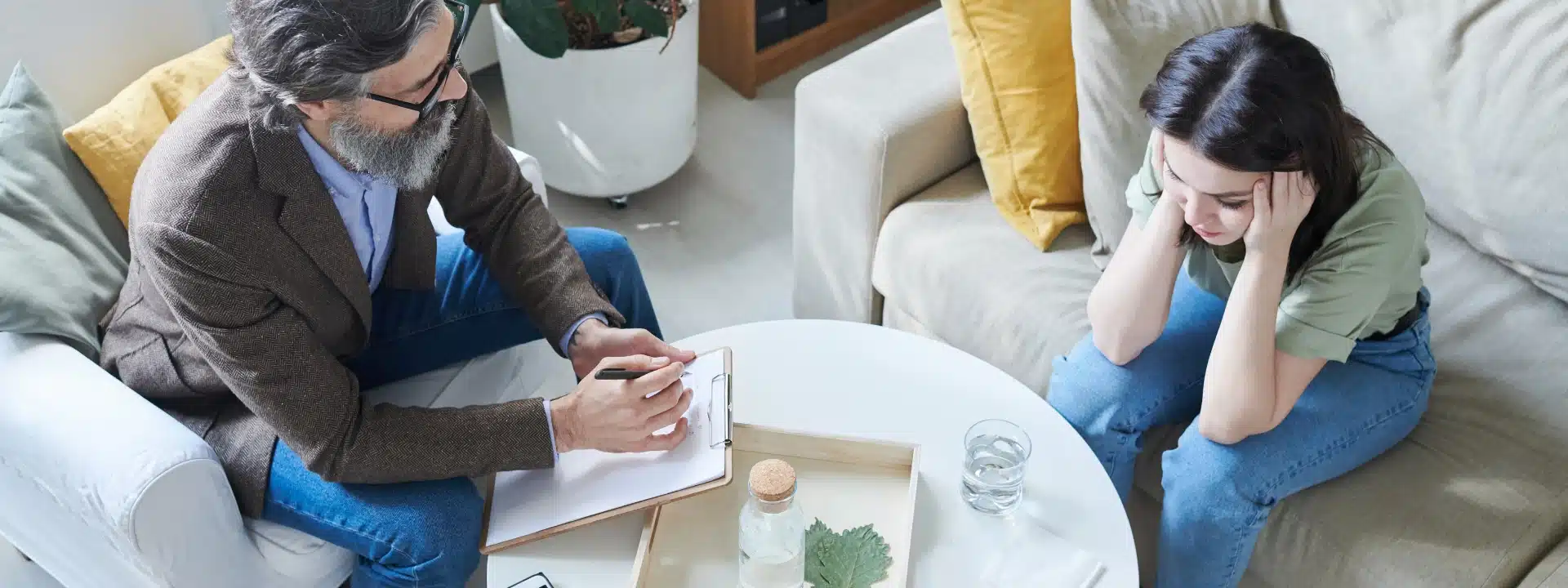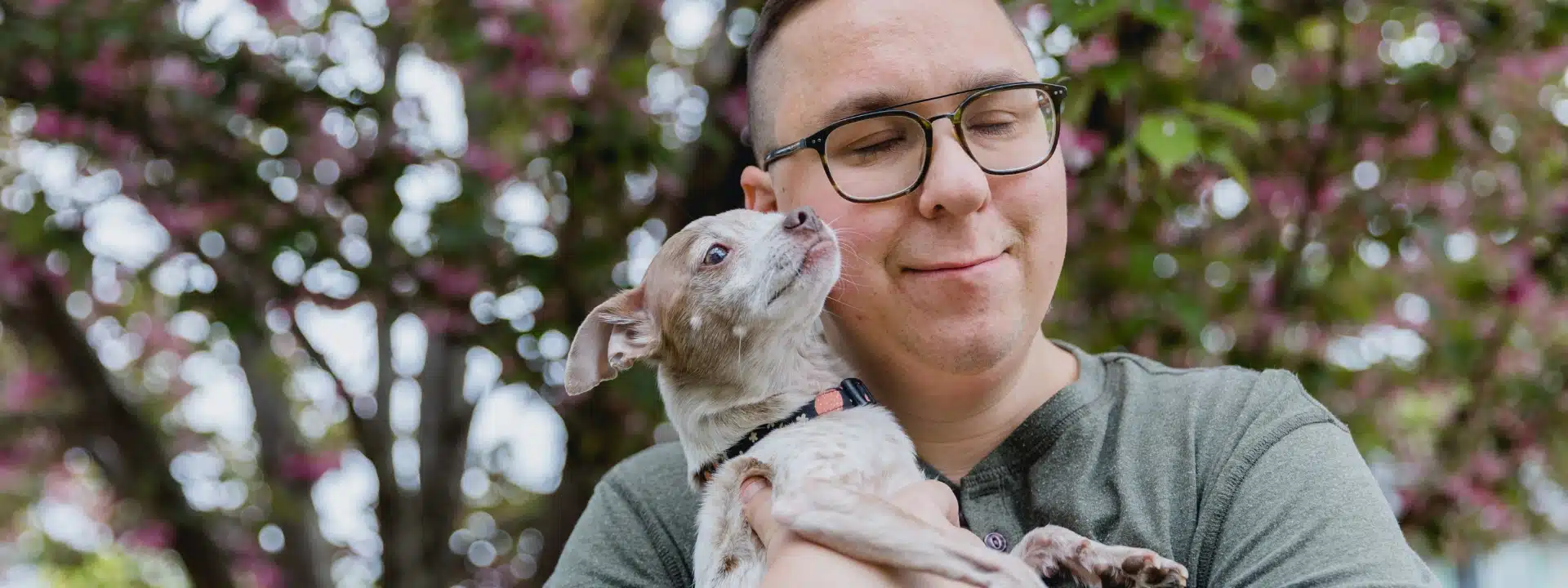You wake up one morning to find your friend Sarah in your living room. She is crying. She says she can’t stop worrying. She can’t eat. She says she doesn’t need help. She refuses to see a counselor. You ask: How do you get someone mental help when they refuse?
You want to help. You feel scared. You worry she might get worse. But also, you feel blocked. What if pushing too hard makes her pull away more? You aren’t alone. Many people face this exact moment. You love someone. You see suffering. But they say “no.”
Why do they say no? Why do people refuse mental health help? What stops someone from reaching out? What can you do to show them help matters? You may feel unsure. You may feel powerless. But there are ways. There are studies. There are steps.
What you do next can make a difference. You can help Sarah. You can help people in your life. Let’s walk through real issues. Then real solutions.
What Stops Someone from Accepting Help
Sarah says she “is fine.” She believes no one will understand. She feels ashamed. And she fears being judged. These things come up so often.
Heather Stringer (2024) cited a survey conducted by the Kaiser Family Foundation and CNN that asked adults in the U.S. to name barriers to mental health care. Over 80% said cost is a big issue. Over 60% cited shame and stigma.
Sarah is not alone. Many think mental illness equals weakness. Many fear how society will see them. Some worry about what “mental health” means. They fear labels. They fear losing control. They fear cost. They fear what others will say.
Also, mental health care access is uneven. In the “Behavioral Health Needs Are Largely Unmet Across the U.S.” report, many people with serious mental health needs do not get care. Some live in places with few providers. Some cannot afford care.
So, when you wonder why someone won’t seek mental treatment, look at shame, fear, cost, and access.
To help Sarah, you might start by listening without judgment. You might share stories. Let her see she is not alone. Show her that help doesn’t have to mean big changes at first.
How to Persuade Someone to Get Help
You decide to talk to Sarah again. This time, you try something different. You choose a calm time. You don’t blame. You share what you see. You say: “I care about you. I see you suffering. I want to help.”
Peer-reviewed studies show gentle persuasion works. One pilot randomized controlled trial by Levin et al. (2025) tested a single-session digital Acceptance and Commitment Therapy (ACT) intervention for college students. Students who did the session reported better well-being one month later. More stayed in the program than expected.
That means even small, single sessions delivered digitally can make a difference. They lower the barrier. There is less cost. Less stigma. Less time.
When you talk to Sarah, you might suggest something small: a digital session, a phone call, an online tool. You could say: “Let’s try one small thing together.”
Also, approaches that reveal therapy options that match Sarah’s comfort level help. Maybe she prefers online sessions. Maybe she likes meeting in person. And maybe she just wants to try journaling with a therapist.
Why Treatment Refusal in Mental Illness Happens
Some days, Sarah gets angry. Some days she seems fine. She says things like, “I don’t need a doctor,” or “Therapy won’t help me.”
A 2024 U.S. survey found that many people refuse treatment because of distrust. They distrust doctors or mental health systems. They believe treatment won’t help. They believe medication has bad side effects.
Also, cultural norms play a role. Some families believe you must manage your own problems. Some think mental health issues are a moral failing. These are powerful forces.
In a study published in Health Affairs, Andrew Anderson and his colleagues (2025) proved that many people in crisis still don’t reach out. The reasons include fear, distrust, and the belief that symptoms will end on their own.
When you try to help Sarah, you need patience. You need respect. You need to let her see that the choice is hers. You need to find trusted messengers: someone she already trusts who can offer a safe space.
How to Help Someone Accept Therapy
You try walking with Sarah to a clinic. She stops. She is overwhelmed. She says therapy is scary. You feel stuck.
Research helps here. The same single-session ACT study by Levin et al. (see above for reference) also suggests that low-intensity, accessible therapy helps people accept therapy more easily.
It means helping someone accept therapy starts small. Offer options. Use tools they can try privately. Use online or digital sessions. Use contraction of fear: show what happens in the first session. Let them pick the time. Let them choose the therapist if possible.
You could say: “Let’s try one therapy session together.” Or: “Would you be okay with an online session first to see if it feels safe?”
How to Approach a Loved One About Mental Health Help
Now you face Sarah. You want to say something. You don’t want to push too much. You want to show love.
Pick a quiet time. Use “I” language: “I notice you’ve been sad lately.” Avoid “you are wrong.” Give safety. Listen first.
You could suggest something: “I heard of a place that cares gently, no rush, online option. Would you like me to call?”
A report by Mental Health America also shows many youth and adults avoid or drop out of help because they don’t feel heard. When providers listen and show empathy, more patients accept therapy.
Also, a systematic meta-review by Antonia Meinhart et al. (2025) shows that people who practiced mindfulness and acceptance felt more open to mental treatment than those who didn’t.
So, when you approach Sarah, show empathy. Show you believe in her. Show that seeking help isn’t giving up. It is choosing strength.
Why Many Don’t Try
You might ask: Why don’t many try to help. You wonder why even loving friends stay silent.
Some don’t try because they don’t know what to say. Some fear saying the wrong thing. Some fear being rejected. Some think “if they wanted help, they would ask.”
Research supports that many people remain silent due to stigma. The APA trends report (see above for reference) also shows shame, cost, stigma remain high barriers.
Also, behavioral health needs remain unmet widely (see the PEW report for reference, as cited above). Many people know someone suffering. But mental health systems remain stretched. Access is hard. Insurance issues. Long waits.
You can break this silence. You can be the first to reach out. You can speak up. You can offer help, not force it. You can also guide them to Alter Behavioral Health.
Better Care Comes Here
You see Sarah a week later. She agrees to one video session. She says she feels heard. She says the first session felt safe. It didn’t fix everything. But it made a crack.
Alter Behavioral Health offers safe, caring, and non-judgmental help. Our therapists listen, know about helping someone accept therapy, respect your pace, and use proven methods.
If you or someone you love says “no,” you can still hope. You can still act. You can still show up. You can still share that help is possible.
Why Hope Remains Strong
You saw the barriers: shame, cost, and refusing treatment. You saw what works: small digital tools, ACT, listener empathy, and gentle offers. You saw studies that prove those help.
Alter Behavioral Health stands ready. Alter gives you trained professionals. Alter gives you options. And Alter cares about each person’s safety and comfort.
If you face that hard moment again—when someone you love refuses—you can act differently. You can use the tools above. You can show love, choose empathy, and offer choices.
You don’t have to do it alone. Alter Behavioral Health is here. Reach out. Talk to someone. Get advice. Start small.
FAQs
When someone refuses, should I force them?
No. Coercion often increases resistance. Offer care with respect and choice.
How to persuade someone to get help without pushing too hard?
Use empathy. Use “I” statements. Suggest small steps, like online or digital sessions.
Why do people refuse mental health help even in crisis?
They fear stigma. They doubt treatment works. They worry about cost or judgment.
Is therapy always effective when accepted?
It depends. It works better when a person feels safe and supported.
How to help someone accept therapy if they distrust doctors?
Find a provider who specializes in culturally sensitive care. Offer peer or digital tools.
What are the signs someone needs help even if they refuse?
Marked sadness, change in sleep or eating, loss of interest, thoughts of harming themselves.
How long do results take from digital or online help?
Some improvements show in one month, as studies with digital ACT show.
Does Alter Behavioral Health do online therapy?
Yes. Alter offers digital / telehealth options for many patients.
What if someone refuses again after a first therapy session?
That’s okay. One session can begin with trust. Offer another. Keep showing care.
Is cost always a barrier?
Often yes. But many clinics offer sliding scales. Insurance may help. Alter works with many plans.



